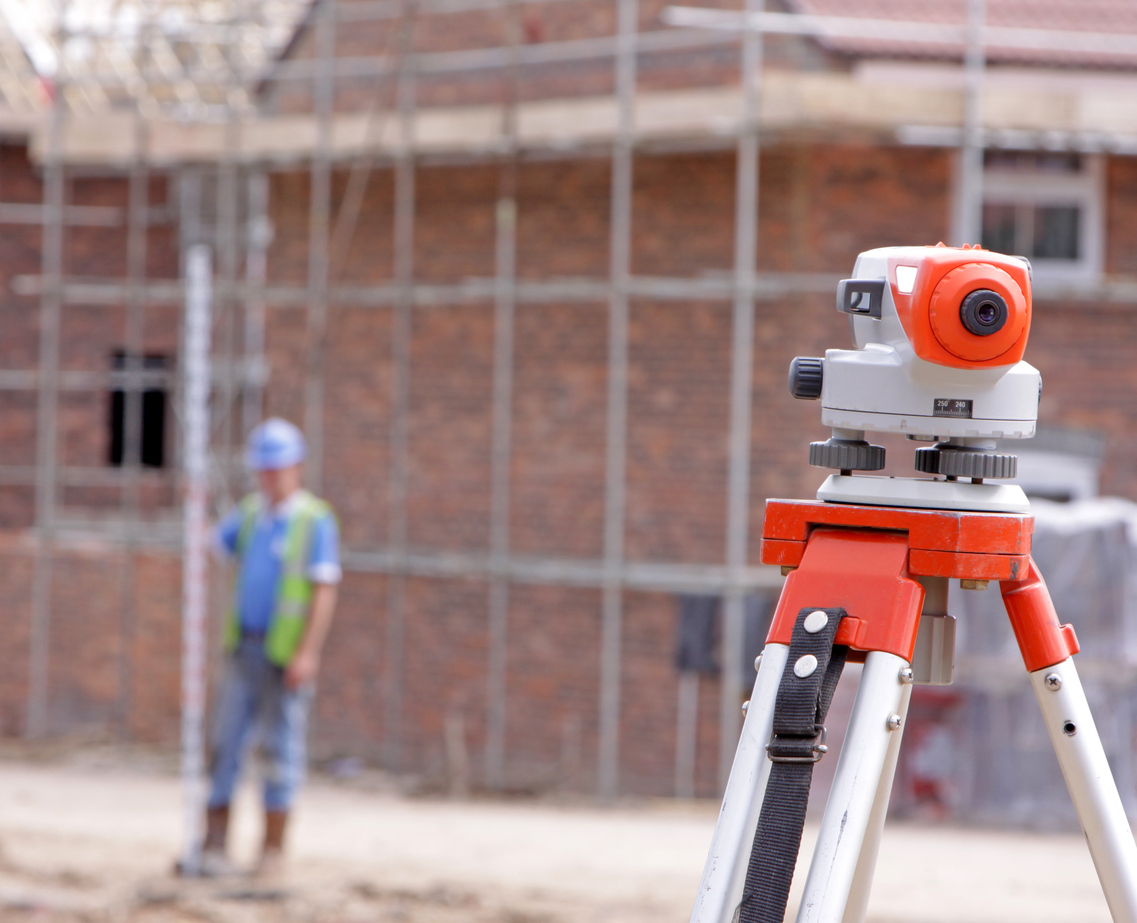Homeowners wanting to improve their property see the Party Wall Act as an unnecessary layer of bureaucracy and will often complain about the lack of value or the poor service they receive in return for the often considerable surveyors’ fees they are obliged to pay.
Much of this stems from a poor understanding of the process. While a party wall surveyor may perform a service by drafting the necessary notices on behalf of a building owner (the party undertaking the works), once a notice has been dissented to by an adjoining owner that surveyor becomes an appointed impartial arbitrator fulfilling a statutory role in resolving the dispute that has arisen. If an owner understands that, they can better appreciate why the method by which fees are calculated is very different to regular client/surveyor relationship.
The only reference relating to fees in the Act is found in section 10(13) which states that the reasonable costs incurred in making an award (that’s the document produced by the surveyors to settle the dispute) are to be determined by the surveyors. In other words, the surveyors decide both the level of their fees and who pays them. The act also requires the two surveyors to select a third surveyor should they fail to reach agreement on any issue including the costs.
You might think that such a system is open to abuse but there are checks and balances in place and on the whole they work very well. From that brief reference in the Act, the following standard procedure has evolved.
The building owner will generally obtain 2 or 3 fee proposals in the form of either a fixed fee or an hourly rate plus an estimated number of hours. It is not known at this stage how the adjoining owners will respond to the notices so any fee proposal would have to cover different scenarios. That’s all fairly straightforward.
It is the adjoining owners’ surveyors’ fee that tends to cause the issue. A key principle of the Act is that an adjoining owner is free to appoint any surveyor that they wish and to avoid compromising that principal fees should not be a consideration in that choice. It must be so to avoid the building owner repeatedly vetoing the adjoining owner’s choice of surveyor on the grounds of cost until they end up with the cheapest possible option. To balance this, the Act requires that fees must be ‘reasonable’ and must be agreed by the two surveyors or determined by the Third Surveyor.
In practical terms this means that the adjoining owner’s surveyor keeps a record of the time spent and forwards that record to the building owner’s surveyor for review once all other issues have been agreed. In most cases the proposed fee is reasonable and is agreed without any further discussion being required. In some cases the building owner’s surveyor will need to query certain items and there may be a period of negotiation. If negotiations are looking like they’re going to drag on for some time the surveyors have the option of including an ‘on account’ figure in the award to avoid delaying the works.
In very few cases, I would estimate less than 1%, the two appointed surveyors fail to reach agreement and the matter is referred to the third surveyor. The building owner’s surveyor should always give the building owner the opportunity to accept a fee before referring it to the Third Surveyor as a referral risks further fees being incurred if the Third Surveyor deems the fee to be reasonable.
Once the adjoining owner’s surveyor’s fee has been agreed or determined it is entered into the award. The owners have a right to appeal the award within 14 days (appeals are heard in the County Court) but the chances of a court overturning a fee that has been deemed reasonable by the surveyors are small.
This article was written by Dakota Murphey, an independent content writer who specialises in the financial and construction sector.



 Bitcoin
Bitcoin  Ethereum
Ethereum  XRP
XRP  Tether
Tether  Solana
Solana  USDC
USDC  Lido Staked Ether
Lido Staked Ether  TRON
TRON  Cardano
Cardano  Avalanche
Avalanche  Toncoin
Toncoin